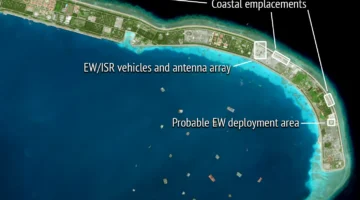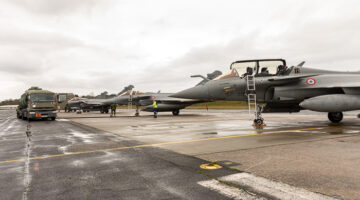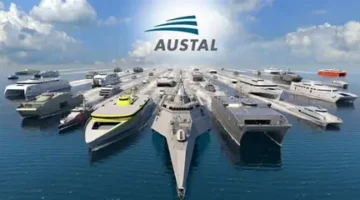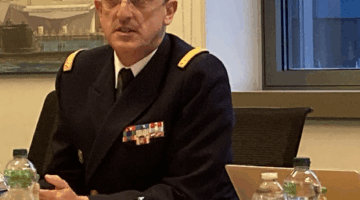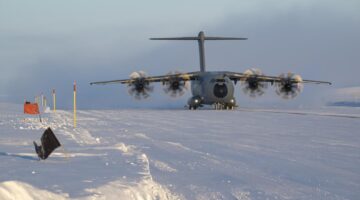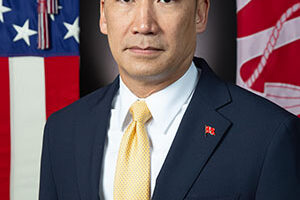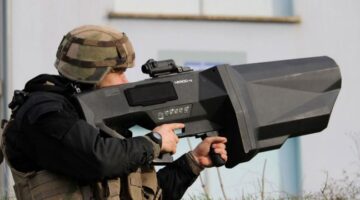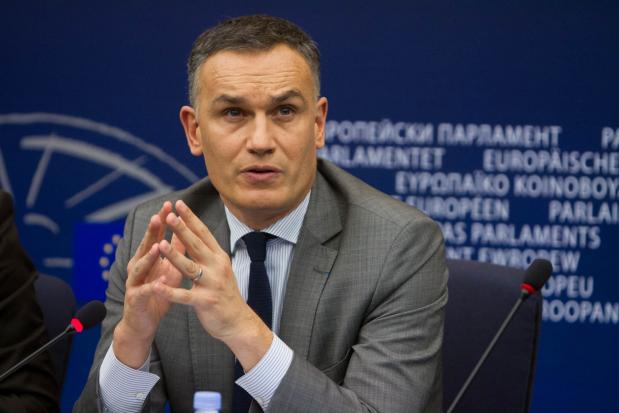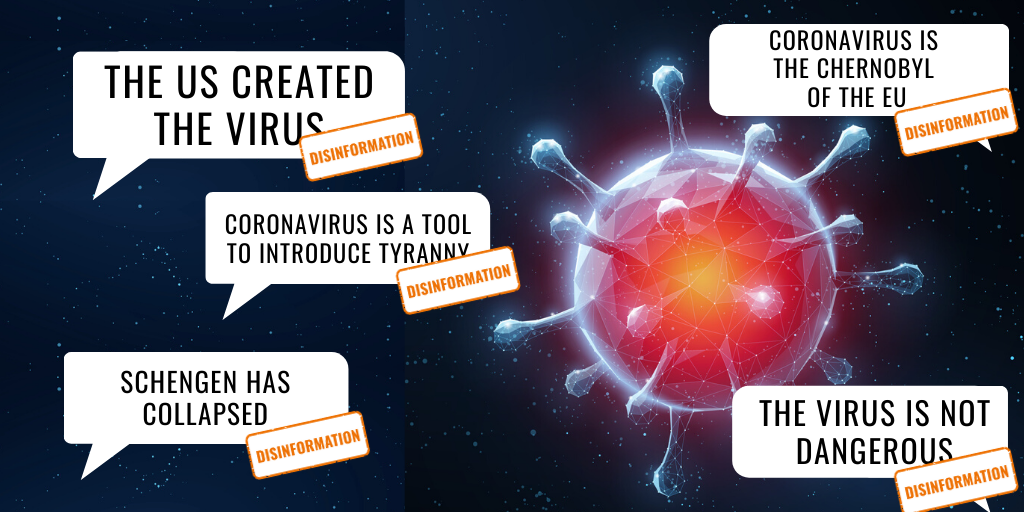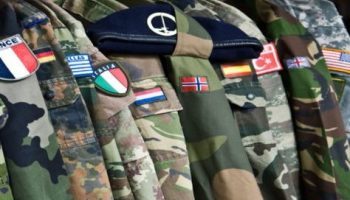By Giuli Tilenni – Conference summary
On April 10, the French associations EuroDéfense France and Union IHEDN held a joint conference with Mr. Arnaud Danjean, member of the EU Parliament, President of the EP subcommittee on security and defence (SEDE) and President of the Strategic Review committee, as speaker. Mr. Danjean provided in-depth analysis of the impact the French Strategic Review (Revue Stratégique) could have on EU defence and security.
The Strategic Review, launched in October 2017, gives a central role to international defence cooperation. On the one hand, this had been an explicit request by President Macron, on the other – as Mr. Danjean explained – such central role is coherent with global trends in defence and security. As states are unable to face today’s threats alone, defence cooperation (within organisations or coalitions) is necessary. However, its central role is usually neglected. Since cooperation could negatively affect ambitions, it is frequently considered as last resort, or – even worse – as a tool to mitigate a failure. Mr. Danjean notes that this is particularly true for France due to its institutional structure. For instance, the French constitution provides the President with the power of approving military intervention and establishing objectives. Instead, European allies need national parliament approval before each intervention, with heavy consequences on timing and effectiveness.
This notwithstanding, the Strategic Review tries to reaffirm the importance of cooperation, and identifies the three cooperation stages deemed crucial for France.
- European cooperation – France should be deeply involved in EU common programmes (in political, economic and industrial terms), but also cultivate cooperation beyond EU borders – for example with Norway and, in the future, Great Britain.
- Bilateral cooperation – France and Germany are the only countries able to guide Europe. Despite the two different forms of government are a source of complexity, defence cooperation evolves constantly. For example, the fact that Berlin has deployed 1000 servicemen in Gao (under the MINUSMA hat) expresses a high political support to France and confirms a growing interest for African matters and their impact on migrations.
- Transatlantic cooperation – The U.S. is and will likely remain a crucial partner for France and Europe. However, relations have become tighter since Trump’s election, especially because of uncertainty and unpredictability. Thus, European countries are struggling for acquiring some form of autonomous capabilities («Trump worries but federates», said Mr. Danjean). According to Mr. Danjean, if the ongoing EU efforts on defence cooperation have a high political value, NATO’s and the U.S.’ worries about duplications are unjustified, as the EU is not, and probably will never become, able to rivalry with NATO. According to Mr. Deanjean’s experience, some EU countries maintain a sort of dogmatic relation with the U.S, thus creating an obstacle to further EU cooperation. For example, they prefer to buy American rather than European in order to reaffirm the political importance of their transatlantic relations.
Going back to France and Europe, Mr. Danjean identified some critical issues affecting EU defence cooperation.
First, EU countries perceive the Nord-East and the South-West flanks as incompatible. On the one hand, it is undeniable that the threats they pose to EU defence and security changes over the time. On the other, EU debates appear too polarised on the issue, slowing down cooperation. In fact, different perceptions amongst EU countries do not allow for identifying common threats, thus inhibiting every form of common response or reaction. France and Germany are working to eliminate this attitude, but the task is particularly complex. Mr. Danjean stressed that voluntarism, clear thinking, and pragmatism should be put at the core of EU defence cooperation.
Second, EU countries do not share the same idea of how EU defence cooperation should be shaped. As PESCO demonstrates, defence cooperation is being build-up as inclusive and capability-oriented – with a limited operational impact. This means that EU solutions are not the best ones in military terms, but the most politically shared.
Conversely, France would have preferred an exclusive, yet operationally oriented integration, which would have been backed by Northern countries, but not by Southern ones.
According to Mr. Danjean, an efficient EU defence cooperation should be based on ambition, intended as being capable of evaluating and assess risks, and of intervening by force when needed.
Mr. Danjean highlighted that EU defence cooperation should not be taken for granted despite the remarkable political steps taken in the last two years. Per the differences expressed above, EU cooperation is shaping up as modest (because derived from compromises) and, maybe, short-lived. In fact, a number of measures (e.g. funds) are expected to enter into force after 2019 elections. If the EU countries will not maintain their current political willingness, the efforts made to strengthen cooperation could still be reversible, as happened so far.
Photo © http://www.eppgroup.eu/mep/Arnaud-DANJEAN

